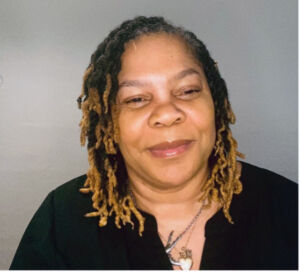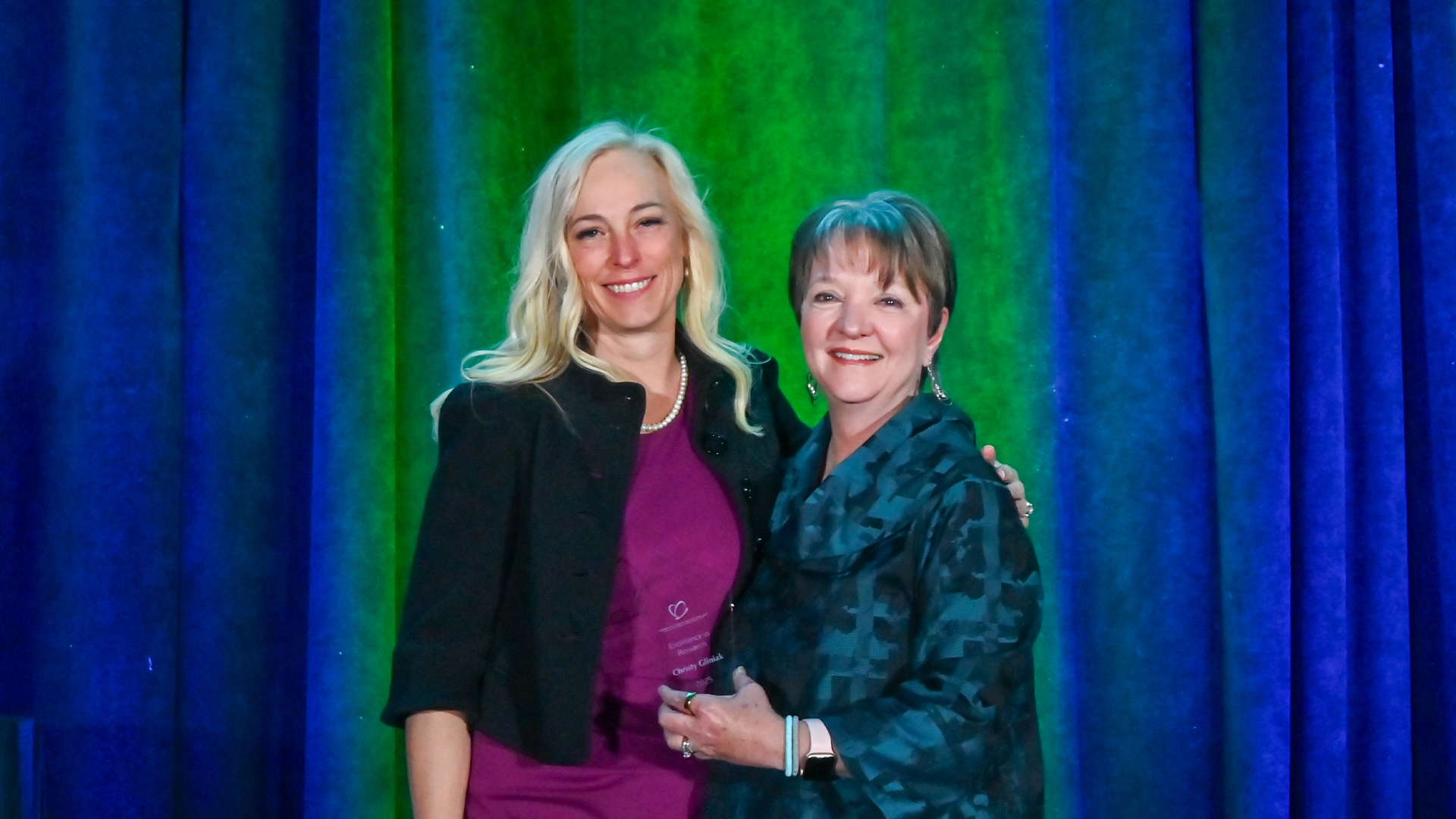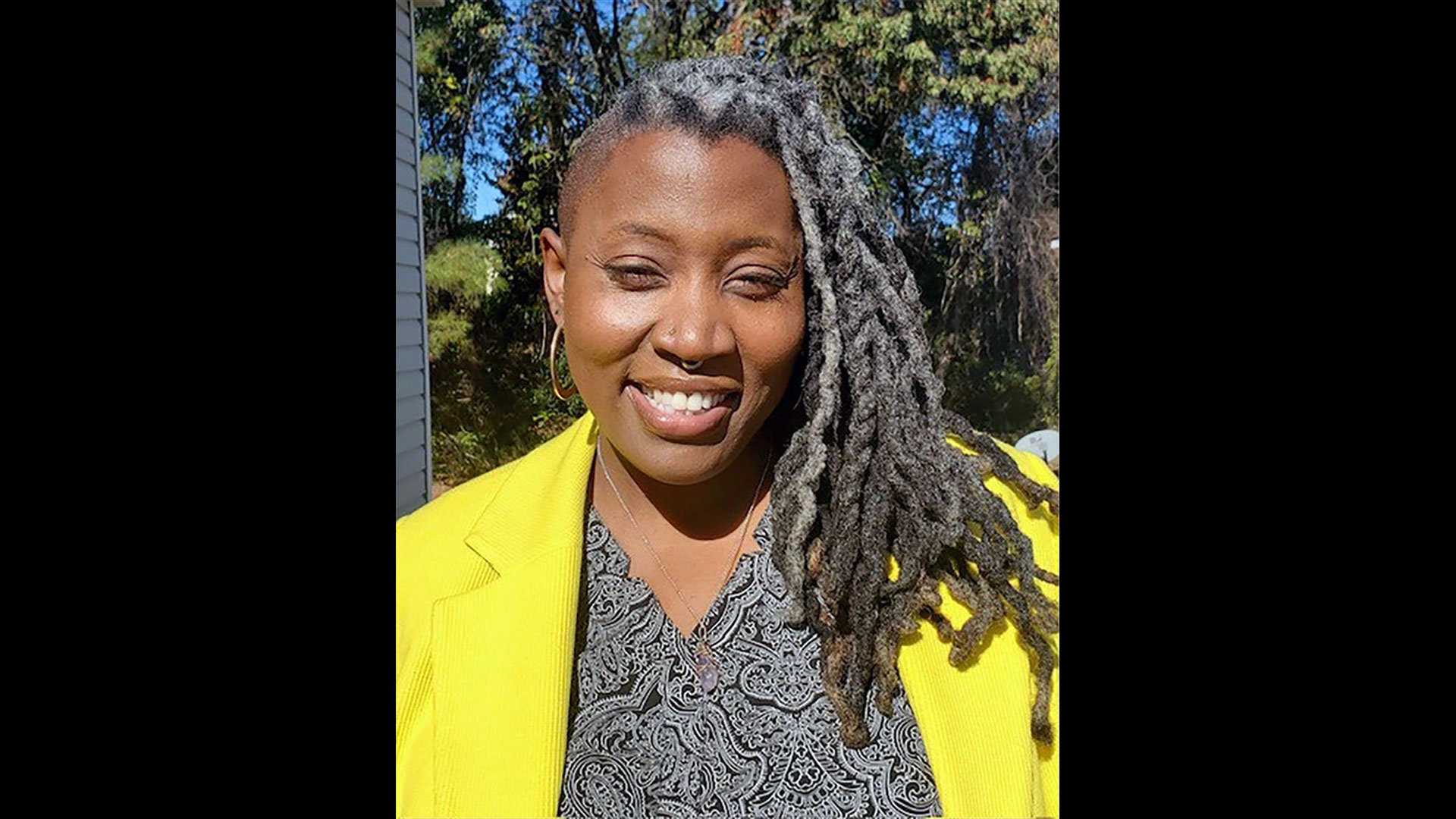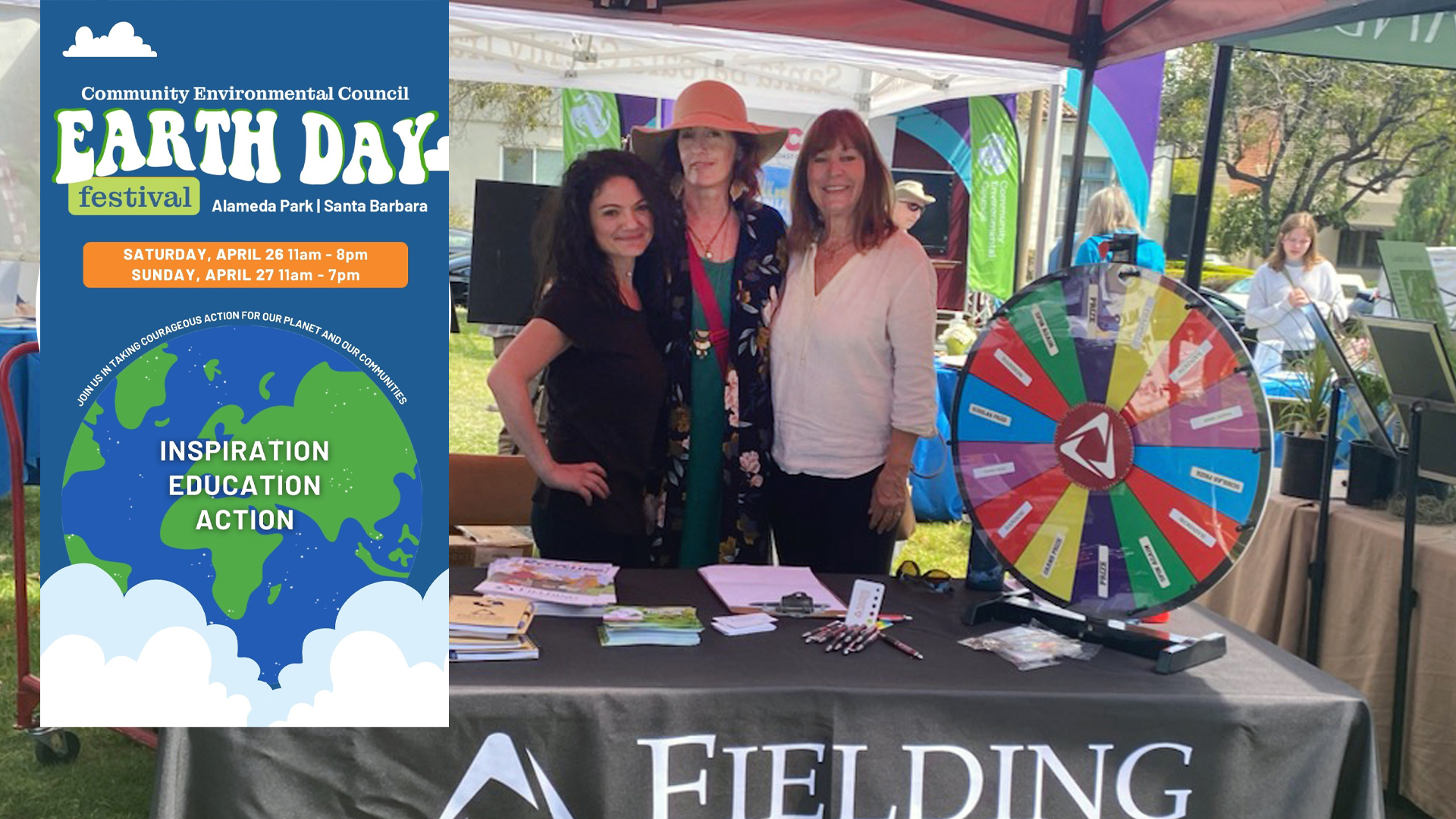Black History Month: African Americans and The Legacy of the Voting Rights Act of 1965
By Sheila Turner
Over the last couple of years, there have been continued stories and discussions about the United States Voter Rights Act, a law signed by President Lyndon B. Johnson in 1965. Some states have sought to change or implement policies to limit and/or make it difficult for African Americans to exercise their right to vote. I want to highlight some heroes who fought for our voting rights. I will briefly discuss the works of Thomas Mundy Peterson, Mary Church Terrell, Fannie Lou Hamer, John Lewis, and Terri A. Sewell.
Thomas Mundy Peterson: In 1870, the 15th Amendment broadened voting rights for all male citizens irrespective of race, color, or prior servitude. However, African American men encountered formidable obstacles like literacy tests and citizenship inquiries when attempting to vote. Thomas Mundy Peterson, born on October 6, 1824, in Metuchen, New Jersey, later settled in Perth Amboy, where he married Daphne Reeves. As a registered voter, Peterson actively engaged in the Republican and Prohibition parties. Encouraged by his employer, Peterson made history as the first African American to cast a vote in the United States and served as the inaugural African American juror.
Mary Church Terrell: Mary Church Terrell, born during the era of the Emancipation Proclamation, dedicatedly engaged in various organizations to raise awareness about racial injustices, including civil rights, women’s rights, and the impact of Jim Crow laws (Hines et al., 2010). Terrell collaborated closely with W. E. B. Du Bois, a prominent civil rights movement figure. Du Bois and Ida B. Wells in establishing the National Association for the Advancement of Colored People (NAACP; Hines et al., 2010). She was pivotal in founding the National Association of Colored Women (NACW) in 1896.
Fannie Lou Hamer: Fannie Lou Hamer emerged as a dynamic leader and orator within the civil rights movement. When the Student Nonviolent Coordinating Committee (SNCC) arrived in her hometown of Ruleville, Mississippi, advocating for voting rights, she immediately engaged as an active participant (Hines et al., 2010). Hamer fervently campaigned for both civil and voting rights despite facing repercussions such as losing her job, eviction, and physical assault (Hines et al., 2010). Undeterred by these challenges, her steadfast actions were pivotal in laying the foundation for the passage of the Voting Rights Act of 1965.
John Lewis: John Lewis, born on February 21, 1940, in Troy, Alabama, emerged as a towering figure in the American civil rights movement (Hines et al., 2010). Inspired by Dr. Martin Luther King Jr., Lewis became actively involved, participating in sit-ins, protests, and the historic March on Washington in 1963, where he was the youngest speaker (Hines et al., 2010). He notably co-led the 1965 march for voting rights from Selma to Montgomery, enduring the violence of “Bloody Sunday” on the Edmund Pettus Bridge (Hines et al., 2010, p. 597). Lewis later transitioned into politics, serving as a member of the Atlanta City Council and eventually as a respected U.S. Congressman representing Georgia’s 5th congressional district (Hines et al., 2010). Throughout his life, Lewis remained a steadfast advocate for equality and justice.
This list is not exhaustive as we reflect on the individuals listed here. Many African American heroes are alive, as well as those who have died for the cause. Because of their sacrifices, we should (1) never forget the importance of our right to vote on the local, state, and national levels and (2) remember that the fight continues.
References
Hine, D. C., Hine, W. C., & Harrold, S. (2010a). The African-American Odyssey (4th ed., Vol. 2). Pearson Prentice Hall.
Taylor, M. E. (2018, May 27). Remembering Thomas Mundy Peterson, the first black man to vote in the U.S in 1870. Face2Face Africa. https://face2faceafrica.com/article/remembering-thomas-mundy-peterson-the-first-black-man-to-vote-in-the-u-s-in-1870
Thomas Mundy Peterson. (2024, February 8). In Wikipedia. https://en.wikipedia.org/wiki/Thomas_Mundy_Peterson
About Sheila Turner, BSA Secretary

Sheila Turner, BSA Secretary
Sheila Turner is a first-generation, fifth-year Applied Psychology doctoral student at Fielding. She holds a master’s degree in criminal justice with a Forensic Psychology specialty and recently completed her master’s degree in psychology. Sheila is also an undergraduate psychology adjunct instructor at Columbus State Community College.
After working in the private and public sectors and raising her family, Sheila returned to college to finish her education. Since being at Fielding, she has presented at various conferences domestically. Sheila’s research focuses on youth, trauma, and identifying alternatives to incarceration for youth. She is interested in implementing mental health treatment strategies to prevent and reduce adolescent incarceration and recidivism rates, especially for marginalized youth.
Sheila currently functions as the Black Student Association Secretary. Sheila, along with several members of the Black Student Association, is a recipient of the 2022 Stuart C. Tentoni Outstanding Professional Development Program Award. She is also a member of the American Psychology Association of Graduate Students, the American College of Forensic Psychology, and the Ohio Psychological Association of Graduate Students. Sheila also serves as the Student Caucus Campus Representative for the Association for Psychological Science.
Thomas Mundy Peterson. (2024, February 8). In Wikipedia. https://en.wikipedia.org/wiki/Thomas_Mundy_PetersonThomas Mundy Peterson. (2024, February 8). In Wikipedia. https://en.wikipedia.org/wiki/Thomas_Mundy_PetersonThomas Mundy Peterson. (2024, February 8). In Wikipedia. https://en.wikipedia.org/wiki/Thomas_Mundy_PetersonThomas Mundy Peterson. (2024, February 8). In Wikipedia. https://en.wikipedia.org/wiki/Thomas_Mundy_PetersonTop of Form
Join Over 7,500 Fielding Alumni Located Around The World!
Change the world. Start with yours.™






Get Social